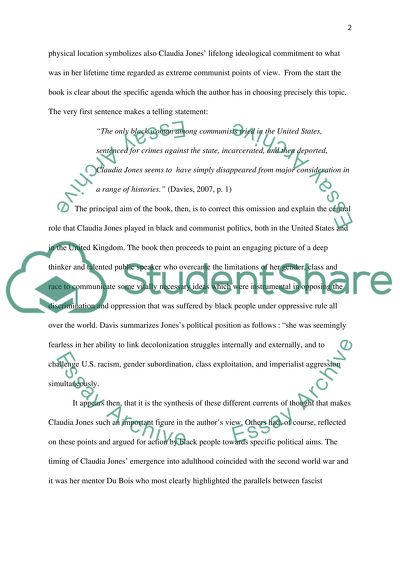Cite this document
(“Book Review: Carole Boyce Davies, Left of Karl Marx: The Political Report/Review”, n.d.)
Retrieved from https://studentshare.org/family-consumer-science/1409859-book-review-carole-boyce-davies-left-of-karl-marx
Retrieved from https://studentshare.org/family-consumer-science/1409859-book-review-carole-boyce-davies-left-of-karl-marx
(Book Review: Carole Boyce Davies, Left of Karl Marx: The Political Report/Review)
https://studentshare.org/family-consumer-science/1409859-book-review-carole-boyce-davies-left-of-karl-marx.
https://studentshare.org/family-consumer-science/1409859-book-review-carole-boyce-davies-left-of-karl-marx.
“Book Review: Carole Boyce Davies, Left of Karl Marx: The Political Report/Review”, n.d. https://studentshare.org/family-consumer-science/1409859-book-review-carole-boyce-davies-left-of-karl-marx.


